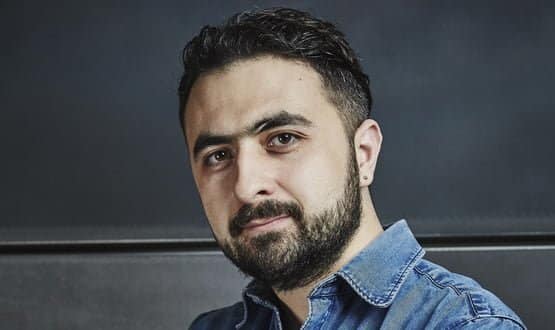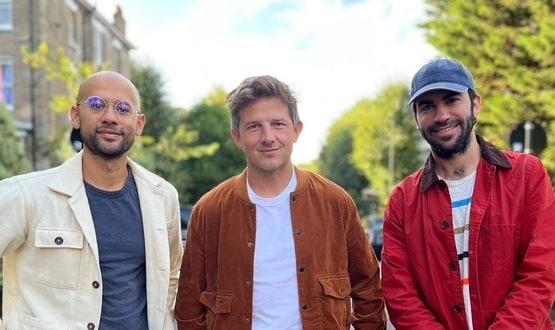DeepMind founder leaves to take up separate AI role with Google
- 9 December 2019

The co-founder of Deepmind, Google’s flagship artificial intelligence company, has left his post to take up another position within the multinational technology company.
Mustafa Suleyman announced on Twitter he would be joining Google’s team looking at the opportunities and impacts of applied artificial intelligence.
Suleyman was placed on leave from DeepMind in August. At the time the company did not say why he was placed on leave but claimed the decision was mutual, adding that he was expected to be back by the end of the year.
In a tweet on 5 December, Suleyman said: “After a wonderful decade at DeepMind, I’m very excited to announce that I’ll be joining the fantastic team at Google to work on opportunities and impacts of applied AI technologies.
“Can’t wait to get going! More in Jan as I start the new job!”
Suleyman, whose mother was an NHS nurse, founded DeepMind in 2010 with current chief executive Demis Hassabis. The British AI company was later bought by Google for £360 million in 2014.
Suleyman ran DeepMind’s ‘applied’ division, which is responsible for practical uses of their AI research in health, energy and other sectors.
In a blog post about the future of DeepMind founder Demis Hassabis said this year was the start of a “new phase” for the British AI company.
“Over the past year, we’ve also been formalising a leadership team with the seasoned experience and skills for our second decade,” he wrote.
“We want to ensure DeepMind continues to be the best place in the world for fundamental breakthroughs in AI, and that we conduct this work thoughtfully and responsibly.”
He said Suleyman had played a “key role” in helping get DeepMind off the ground and that he leaves the company “having helped set us up for long-term success”.
“I’m looking forward to what he’ll achieve in the years ahead as he joins Google in a new role,” he added.
DeepMind unveiled its mobile app Streams in the UK in 2017. It is designed to help doctors spot patients at risk of developing acute kidney injury.
Streams was trialled at the Royal Free, but in July 2017 the UK’s data regulator found it did not comply with the Data Protection Act.
The Information Commissioner’s Office (ICO) said the trust failed to inform 1.6m patients their data would be used as part of the DeepMind trial.
At the time, Suleyman apologised in an official statement and it was ruled the app could continue operating if the shortcomings were addressed.
Streams was taken over by the newly formed Google Health division in November 2018.
The app has since gained widespread praise from clinicians, with a recent peer review paper finding it could save the NHS an average of £2,000 per patient.




